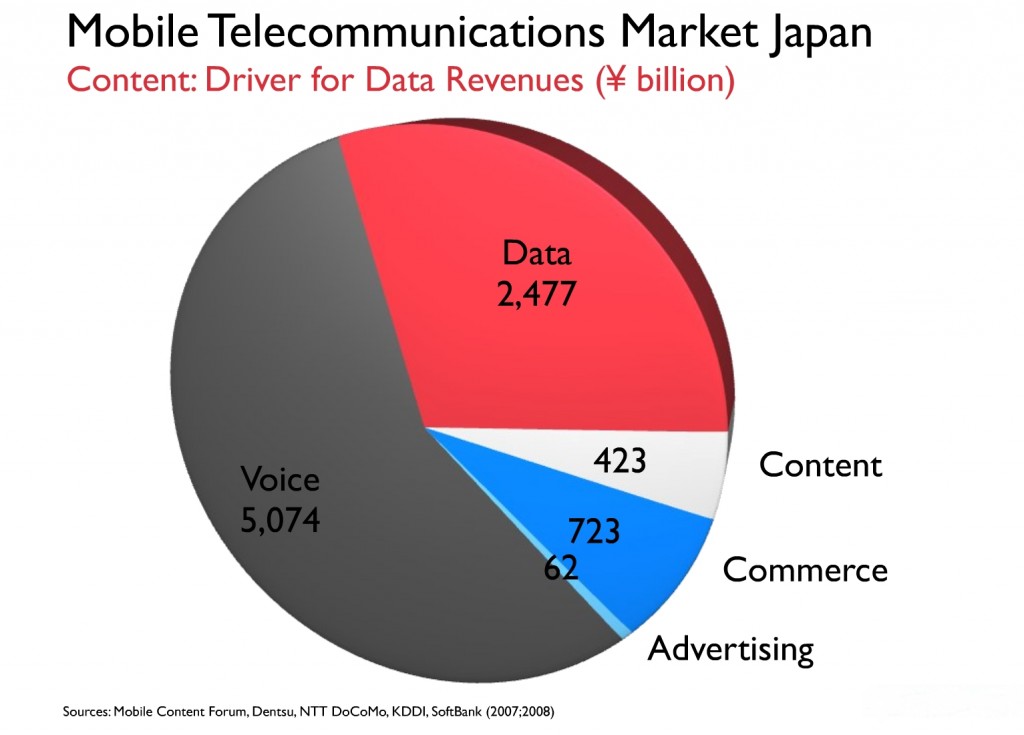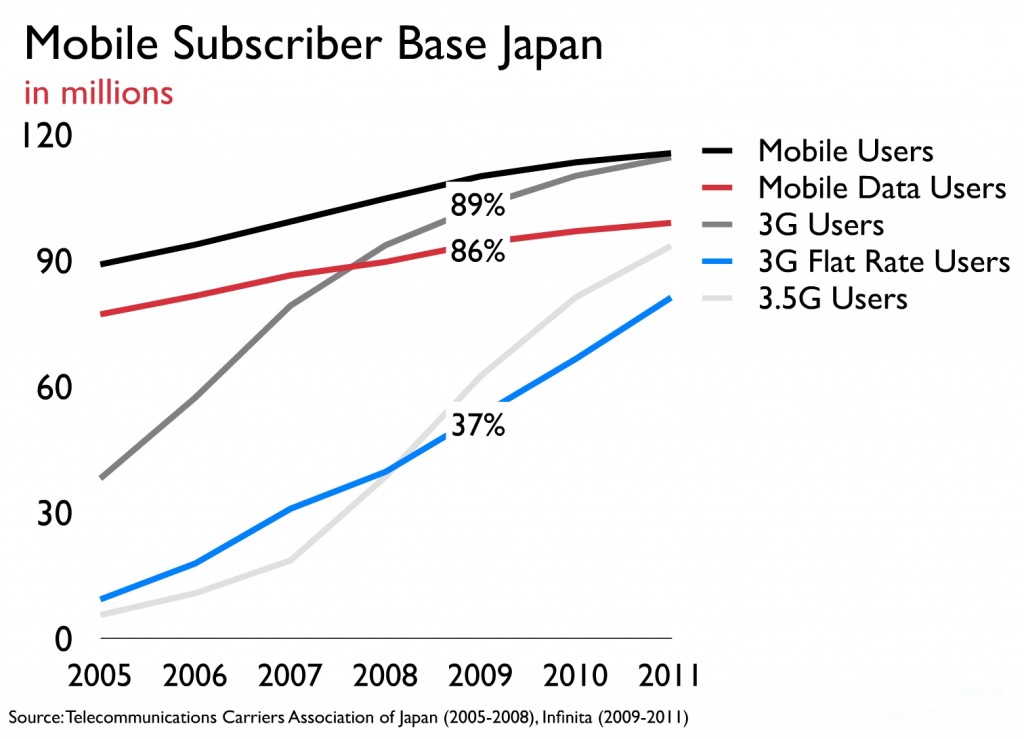After a well deserved holiday, one of the things I dread most is tackling the overblown email inbox. I tend to let industry news be uninteresting news and delete the 1000+ newsletters I had received, and discovered I nearly deleted one from AT&T which was about my mobile subscription. Since I travel quite frequently, I have several mobile phones and also several SIM cards. In this case, AT&T had noticed that I had put my AT&T SIM into an iPhone. Despite my iPhone has been bought in Australia, and the fact that I did not buy it at AT&T – but that I do have a $10/month data plan connected to my SIM, I was now warned that “an eligible data plan is required as part of your service agreement”. Now this post is not about bashing the stupidity of AT&T for penalizing me for putting the SIM into a foreign iPhone, rather it is AT&T’s aggressive policy of demanding that you have a data plan.
AT&T has flip flopped more than the average politician about the importance of content to their strategy. From saying that it is key to their survival which all telcos did at one point (see for instance this article for proof of recent emphasis on content), to saying it was never any important, their struggle exemplifies what their peers just cannot figure out or strategically coming to terms with: What role to play in the mobile content value chain.
The answers of course, have been obvious and available for years by studying markets such as Japan, South Korea and Norway. And now, it may seem that AT&T has finally figured it out (or at least stumbled upon it in a good way). The fact is, there is absolutely nothing wrong with being a bitpipe. In fact, the market for mobile content and services will not take off fully until all mobile operators in a market realizes this. The data from Japan are possibly the best indicator:

Note that of the mobile content revenue referred to in this chart, the mobile operator only keeps 10% while the rest is passed to the content provider. However, the mobile operator keeps 100% of the data revenue, implying that data is 60 x as important as content for the ARPU of a mobile operator. The continued explosive growth in Japan can partly be attributed to the fact that 40% of subscribers in Japan are on a flat rate data plan:

(Courtesy of Infinita).
The subscribers on flat rate data plans often consume 1,5-2,5x the amount of content services, so with a little luck, it could be that AT&T has laid the foundation for data growth in the US. Of course they need all users on flat rate, not just iPhone owners – and all the other carriers need to follow in order for this to happen, but you have to start somewhere…

Recent Comments